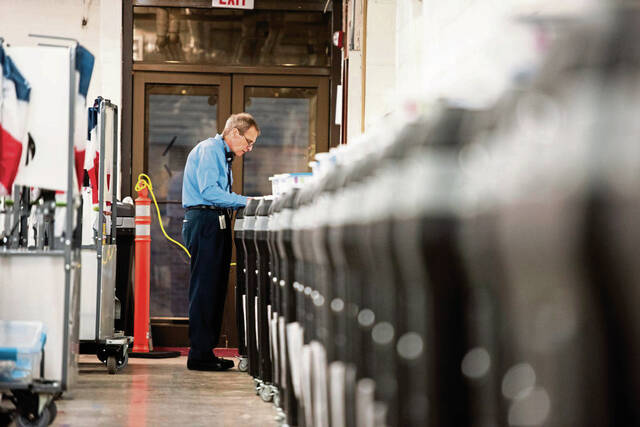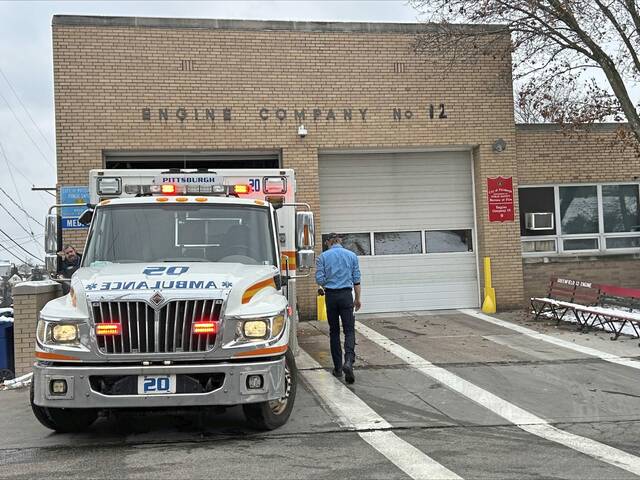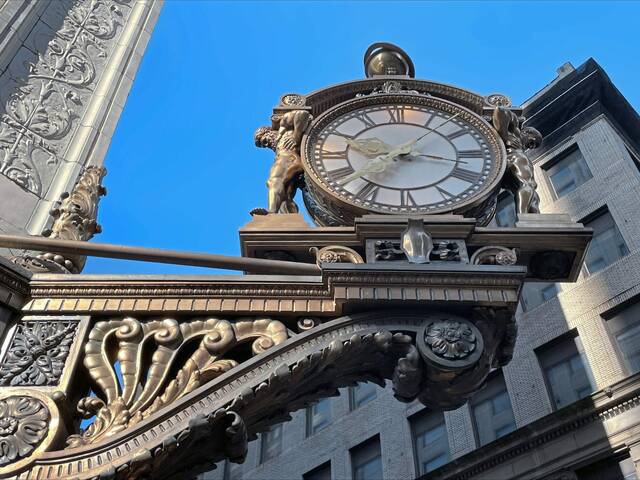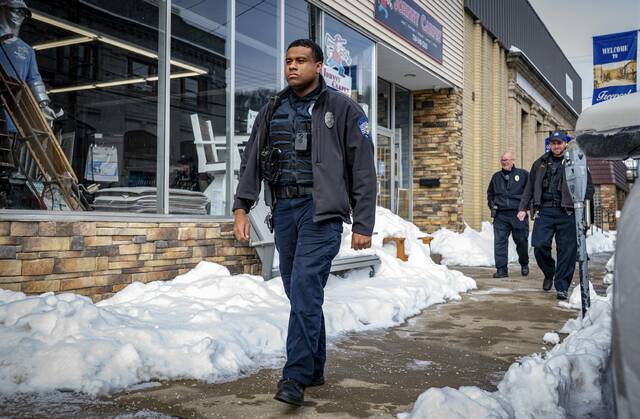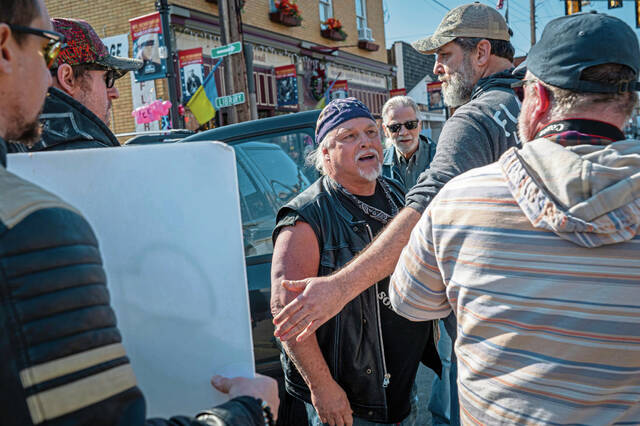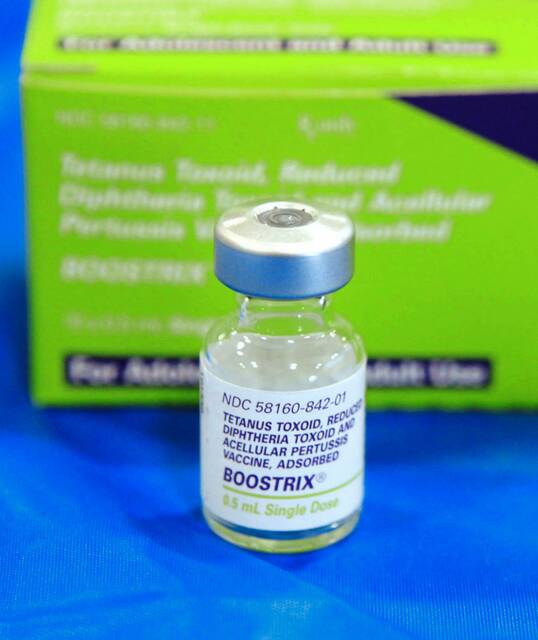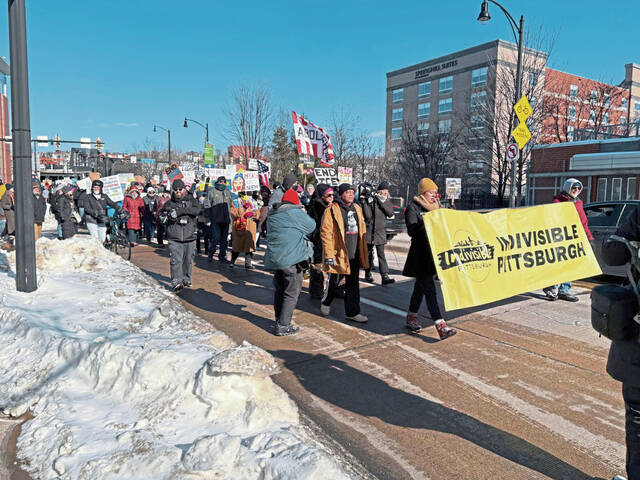The voters of Westmoreland County were clear when they showed up at the polls. They picked a side. They made a choice.
They went with the voting machines.
In September, the county’s Republican commissioners approved a $40,000 plan to add optional paper ballots for the November election, citing a 2024 petition that called the machine system unreliable. Democratic Commissioner Ted Kopas called the move “a colossal waste of money,” noting that the county already had invested $7 million in touch-screen equipment five years ago.
The decision came three weeks after former President Donald Trump announced he was leading a movement to eliminate not only mail-in voting “but also, while we’re at it,” the voting machines he labeled controversial and inaccurate. That claim runs counter to state, federal and independent assessments. The Brennan Center for Justice and other election experts affirm that consistent auditing and secure custody of ballots ensure accuracy and safety.
Westmoreland saw high turnout in Tuesday’s election, with more than 106,000 ballots cast. Of those, more than 78,000 voters appeared in person. Fewer than 4,000 opted for the paper ballot — barely 5% of voters and fewer than the number who petitioned for the change.
The low turnout for the paper option made it costly. Each paper ballot ended up costing $7.71. While that might seem minor, the touch-screen machines are reusable and deployed every election, while the paper ballots are printed and discarded after a single use.
Money matters. Westmoreland County cannot afford to waste pennies, let alone dollars, especially amid funding stalemates at the state and federal levels. Taxpayers still are recovering from a 32.5% property tax increase in 2024.
But the deeper cost is trust. Government should respond to public concerns — yet it must also reinforce confidence, not undermine it. By spending taxpayer money to validate unfounded fears about machine reliability, county leaders risked weakening faith in the very elections they administer.
The county invested heavily in its voting machines. It should invest just as heavily in public confidence in that system. Offering paper ballots didn’t enhance trust; it diluted it. Westmoreland spent money to buy doubt.
Commissioners Sean Kertes and Doug Chew have framed this year’s use of paper ballots as a pilot program — a test run for a potential future when the current machines might need replacing. But a pilot is meant to test audience interest. In this one, voters didn’t tune in. It should be canceled before the next episode airs.
On Election Day, Westmoreland voters made many choices — about judges, municipal officials and local issues. The clearest choice they made was to reject paper ballots. The commissioners should respect that decision.


